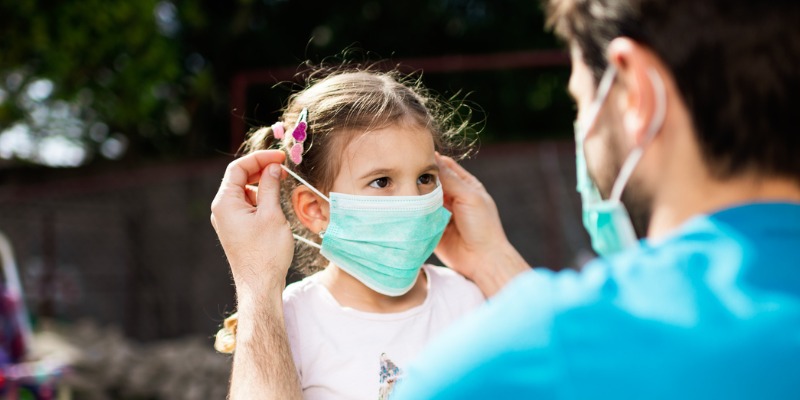COVID school closures likely caused significant learning loss in Alberta and beyond

As COVID recedes in our rear-view mirror and another schoolyear begins, we’re learning more about the damaging legacies of the unprecedented school closures that disrupted education in Canada and around the globe during the pandemic.
Student social development, health, safety, self-image and mental health all suffered. They missed trips, plays, competitions, concerts, even graduation ceremonies. These harms were visible at the time, but what about the impact on learning? This was not immediately obvious, especially as remote learning programs, which turned out to be disappointing at best or damaging at worst, replaced classroom instruction.
The most complete picture to-date comes from the National Assessment of Educational Progress, which has demonstrated unprecedented declines in reading, math and civics scores across the United States. Recent congressional hearings into these results deplored a “generational learning loss.”
Here in Canada, provincial test results also show post-closure declines, but the unique testing procedures used in each province may underestimate the problem.
Currently, the most comprehensive findings available are from the recently released Progress in International Reading Literacy Study (PIRLS), which assesses reading ability of children in Grade Four—a strategically crucial age when schools typically shift focus from learning to read to reading to learn. Children still struggling to read face increasing difficulties keeping pace with their more literate peers. As such, children in Grades 3 and 4 who were locked out of school during the pandemic may suffer the consequences for the rest of their scholastic careers and indeed their lives.
The new PIRLS test scores show widespread decline among participating countries. Because much of the testing took place during COVID (2021), some participants were excluded from the main results due to data issues. This included, unfortunately, Ontario, Quebec and the United States. In the end, comparable test results were reported for some 400,000 students in 43 countries and five subnational jurisdictions including Alberta, British Columbia, and Newfoundland and Labrador.
Average scores for the great majority of 22 participants (including Denmark, Finland, Germany and Italy) dropped significantly from their 2016 results. The average 2021 scores for Alberta and B.C. were significantly lower than their 2006 scores, and Alberta’s 2021 score was also significantly lower than the 2011 score.
These results point to significant and widespread learning losses, but the picture is blurred by the measurement difficulties due to the school disruptions, and wide variations in the extent of the disruptions. Moreover, in some cases, the score declines continued established downward trends.
Taken together with the extended declines in other jurisdictions, this reminds us that basic education policies can have longer-term consequences than transient disturbances, however severe. This, in turn, implies that better organized and operated schools are likely better able to cushion their students from environmental disturbances and help them compensate for temporary loss of learning.
On balance, while the latest PIRLS results cast uneasy light on learning losses associated with the pandemic, much remains unclear. The impending 2022 PISA results from testing 15-year-olds in more than 80 countries, including all Canadian provinces, will hopefully sharpen the picture when they’re released later this year.
In the meantime, policymakers across the country should consider implementing a comprehensive home-grown system of standardized testing that will yield more timely and informative comparative results for all provinces.
Author:
Subscribe to the Fraser Institute
Get the latest news from the Fraser Institute on the latest research studies, news and events.

